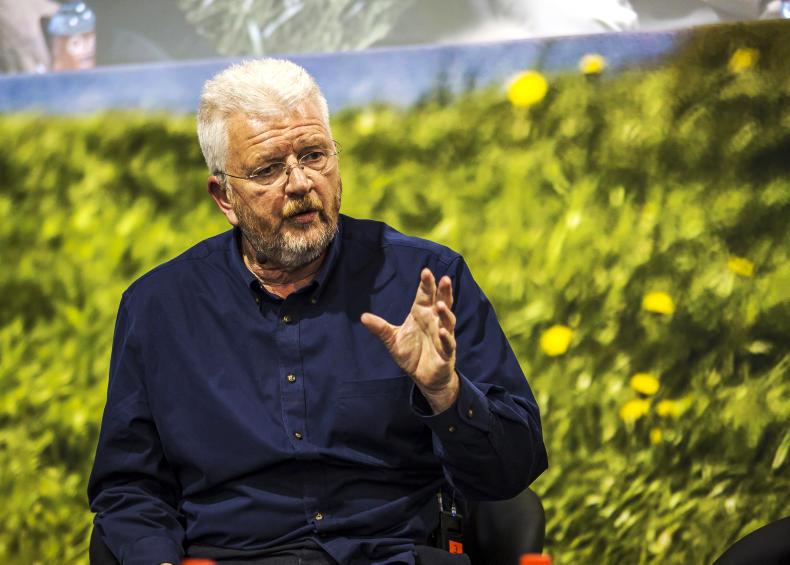Two economists are walking down the road. One sees a €500 note on the footpath and points to it. The other economist says ”that can't be a €500 note – if it was, somebody would have picked it up by now” and so they walk on.
This little anecdote succinctly describes the attitude of not just economists but business commentators and policy wonks to the Irish agri food and drink sector.
If agri is mentioned at all by the great and good, it is purely in terms of its perceived political importance rather than its economic relevance.
Yet as Table 1 demonstrates, the expansion of the Irish dairy sector since 2015 has increased annual Irish economy expenditure by €2bn since 2015.
No other business sector has achieved anything close to this Irish economy impact – not the tech sector, pharma or medical devices.
Yes, these sectors have achieved substantial business growth, but less than 10% of this growth impacts the Irish economy.
This dichotomy between the billions of euro transiting through the Irish economy (€180bn annually per the CSO) versus the lesser amount spent by multinational companies in Ireland (€20bn per the Department of Business, Enterprise and Innovation) is supposedly well known and understood, but is not reflected in discussions about the Irish economy. See DBEI's annual survey of Irish economy expenditure.
Core role
Any and all Irish economy discussions and analyses are centred around the core role of the multinational inward investment sector, using the pass-through billions mentioned above.
The indigenous industry led by the agri food and drink industry, which spends €24bn compared with the foreign direct investment (FDI) sector's €20bn according to the same Department of Jobs report, barely gets a mention.
Indeed, the only commentary from the policy glitterati in terms of the impact of agri business in general and dairy expansion in particular relates to concerns about carbon emissions.
So the response to seeing somebody walking on water (in economic growth terms) is that this just means that they can't swim.
Moreover, as the chart below shows, dairy growth has been delivered at lower per-unit carbon emissions levels.
The very serious point in all of this is that after the COVID-19 lockdown, whenever that is, as well as addressing the huge human health challenges created by the virus, the huge challenge of getting the Irish economy moving looms large.
One of the platforms of Irish economic recovery can be the agri food sector
One of the platforms of Irish economic recovery can be the agri food sector. According to the CSO and analysis by UCD's agricultural economics department, the agri food and drink sector supports 340,000 jobs across the Irish economy if the pub and hospitality sector is included. This is one job in seven in the Irish economy.
While it will clearly be a huge challenge to get the hospitality, pub and food service sector up and running, given ongoing concerns about social distancing, the core agri food and drink sector which is largely export-based can recover if a combination of EU supports and extended credit facilities including export credit are provided to support current business continuity.
There has been a lot of reflection in this hugely challenging period about what is and isn’t important in the real Irish economy.
Much of that focus has been on the proper remuneration of health workers, for instance, and rightly so, given the huge battle they have engaged in on our behalf since the onset of the outbreak here in Ireland.
Serious
If the new government is serious about addressing the huge challenge of economic recovery post-COVID-19 based on an updated relevance-based Irish economy value system, then I would suggest that some of the 'modern economy' prejudices that have led to a serial undervaluation of the agri food and drink sector have no place in this new approach.
Instead, an enlightened understanding of the real Irish economy impact of the agri food and drink sector, combined with a balanced, science-based understanding of its real climate change and nutritional credentials, can deliver an ever increasing level of sustainable Irish economy impact.






 This is a subscriber-only article
This is a subscriber-only article










SHARING OPTIONS: